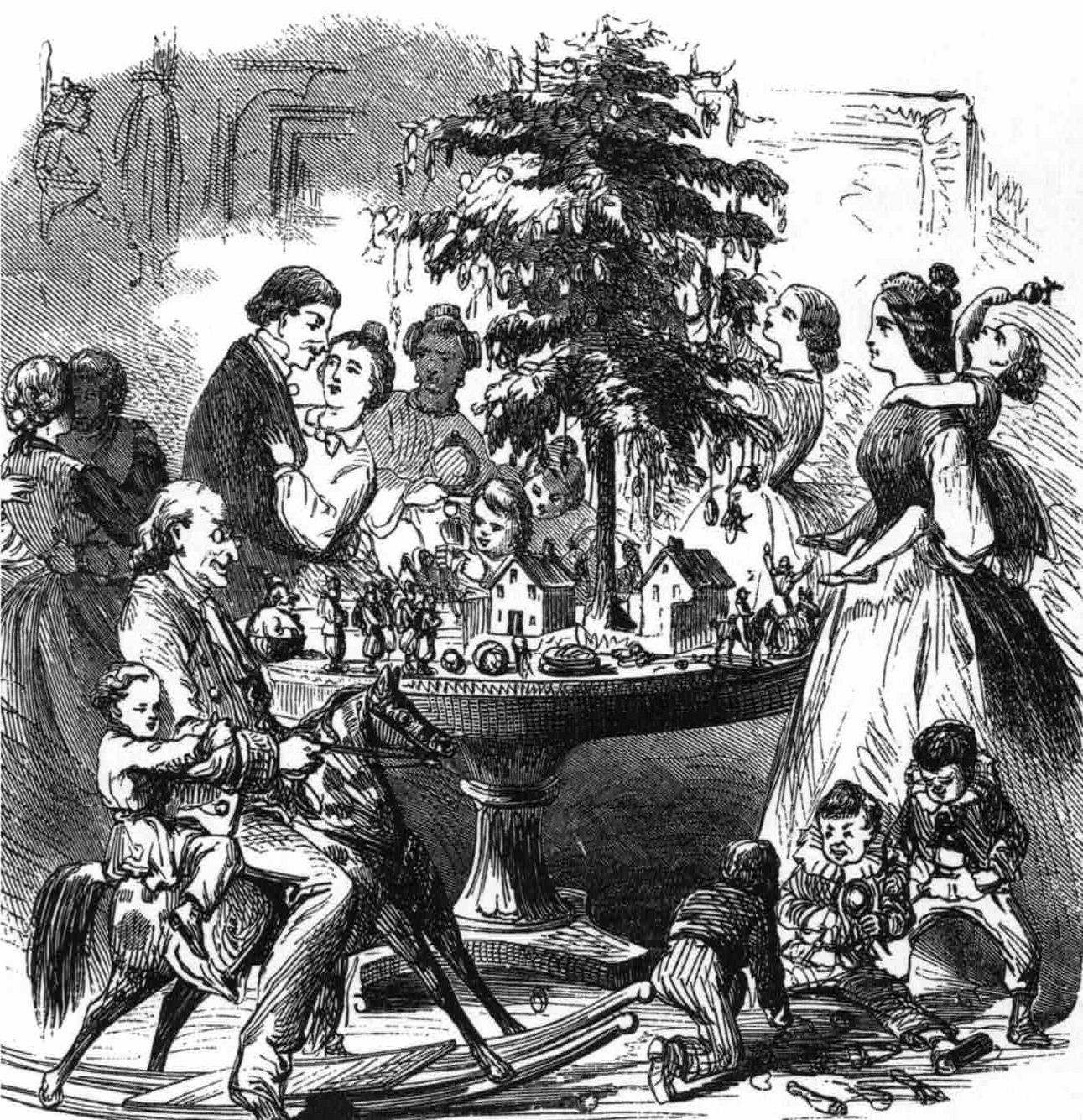
Ebenezer

Charles Dickens was known, not just for his graphic glimpses into the dark side of London life and how to triumph over it, but for his unforgettable characters. Names like David Copperfield, Uriah Heap, Edmund Drood, Madame DeFarge, and Little Dorrit – pale in comparison to the inimitable Ebenezer Scrooge.
Whenever it’s Christmastime, somewhere we will hear that name, or read it on a playbill or poster. Dickens’s A Christmas Carol is undoubtedly one of his most beloved stories, and has stood the quintessential test of time.
A deeper study into the name of Ebenezer Scrooge demonstrates a bit of literary genius on the part of the author.
The name Ebenezer is an ancient one, and that alone provides a perfect complement to the miserly character of Scrooge. But, in addition to this archaic eponymn being so obsolete as to be comical, the name offers a deeper symbolism.
The name is derived from the Hebrew Ebhen-ha-ezer, which comes from the Old Testament, in the book of 1 Samuel. Before there were kings in Israel, the Hebrews were plagued by the idolatrous Philistines. Seemingly endless battles caused terrible casualties – lasting twenty years according to the ancient record. With no relief in sight, Samuel the prophet urged the people to turn from their worldly ways so that the Lord would help them. They did so, putting away the idols of Baalim and Ashtaroth, and the Philistines were beaten at last. In the book of 1 Samuel chapter 7, verse 12, it reads: “Then Samuel took a stone, and set it between Mispeh and Shen, and called the name of it Ebenezer, saying Hitherto hath the Lord helped us.”
The name Ebenezer, then, means “a stone”. It is a symbol of the burdens that people bring upon themselves.
The surname Scrooge is equally meaningful – especially by the way it sounds when reading it aloud. It is similar to gouge and squeeze: implying the way the title character wrenched money, and work, from his unsuspecting business partners, and unfortunate subordinates like Bob Cratchit.
Dickens had to know the symbolic meaning of the name Ebenezer, and he used it skillfully in his work. The money that Scrooge accumulated over the years was indeed a burden, like a huge stone on his person, removing all hope of relationships and joy from his life. Only by removing the stone, as Samuel did from the children of Israel, was the title character freed from his misery. By giving away all his wealth to benefit others did Ebenezer Scrooge “sponge away the writing from this stone” – a quote from the story when Scrooge sees his name on a giant tombstone.
In the old Presbyterian hymn Come Thou Fount of Every Blessing, a verse reads in part: “Here I raise my Ebenezer, hither by Thy help I come”. It refers to 1 Samuel 7:12. In symbolic form, when we wish to release ourselves from our burdens, it is referred to as “raising my Ebenezer” – or giving that heavy stone-like problem to that Higher Power who can take it away. It is a symbol of changing course, of repentance.
When Dickens named his cranky protagonist Ebenezer Scrooge, he could not have chosen a more perfect name. In addition to the eponymic significance of a burden, the name also described his determined, immovable personality. When confronted with the ghost of Jacob Marley, the first of the four who haunted him throughout the story, Scrooge stubbornly refused to believe what he saw. He considered the vision the result of indigestion: “a bit of beef, a blot of mustard, the fragment of an underdone potato” adding that “there’s more of gravy than of grave to you.” He was definitely a tough one.
Let’s not forget that, at the end of the story, Ebenezer Scrooge became a selfless, philanthropic man of great character. His name is still synonymous with misanthropy, but we learn from Dickens’s tale that it’s never too late to change.
At the end of the year, and with New Year’s resolutions around the corner, it’s a good thing to remember.
Pass the word! And Merry Christmas.


